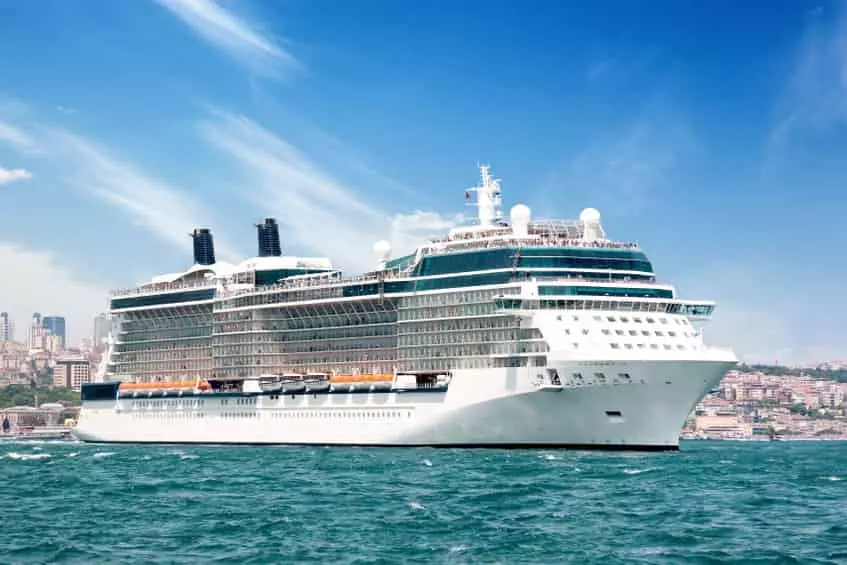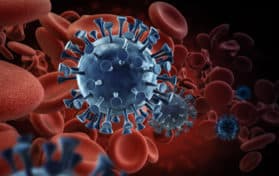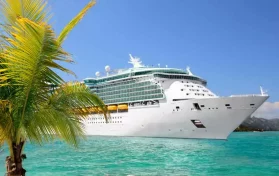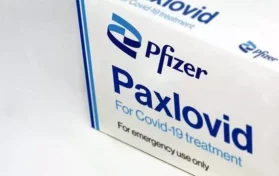
On Thursday, the Centers for Disease control raised the travel warning to the highest possible level for those interested in taking a cruise. In addition to nationwide COVID surges tied to the Omicron spike across the United States, there are more than 80 ships currently under review for high COVID transmission.
One of the biggest challenges faced by cruise ships trying to reduce transmission risk is that everyone on a cruise ship has to function in very tight quarters. Even if the traveler has their own stateroom and gets food delivered, they will still be fed and have the space cleaned by crew members who come in contact with all the other members on the ship.
Because the Omicron variant started to spread after the last round of vaccine boosters, even those who are fully vaccinated are encouraged not to take a cruising holiday. In addition to the risk faced by travelers once on board, transmission rates in port state s like Florida are skyrocketing. Even if you can avoid the virus on the ship, you may end up picking it up when you get back to shore.
Additional challenges for travelers may arise when they arrive at their next port. You may be fully inoculated when leaving your cruising port and be confident in the care you see taken on ship, one trip on shore by you or by your neighbor at dinner could carry the next new variant on ship.
One of the big benefits to being on a cruise ship is that you can spend all your time outside. Viral risk transmission goes down when you’re sitting in the open air. For those who have been on an airplane and yearned for a breath of fresh air, the cruising restrictions may seem onerous. However, risk of international transmission goes up as people move from ship to shore and back again.
It’s also important to note that omicron, like the other COVID-19 variants, takes days to incubate. You may be infected and able to spread the virus, but you won’t know for up to three days. The Delta variant took approximately four days to turn from infected to symptomatic. If you take a cruise through the Bahamas, you may pick it up on a shopping trip in the capital Nassau, carry it home and give it to a co-worker or family member before you even develop a fever.
The news on cruising is not all bad. Current research indicates that those who are vaccinated and boostered have a better chance of either not getting the Omicron variant or of not getting an extremely severe case of COVID-19. Keeping one another safe remains a constant goal while trying to support businesses especially hard hit by the pandemic.
Despite warnings it’s important to note that the actual population of those who test positive for the virus is less than .2% per the Royal Caribbean Group.





